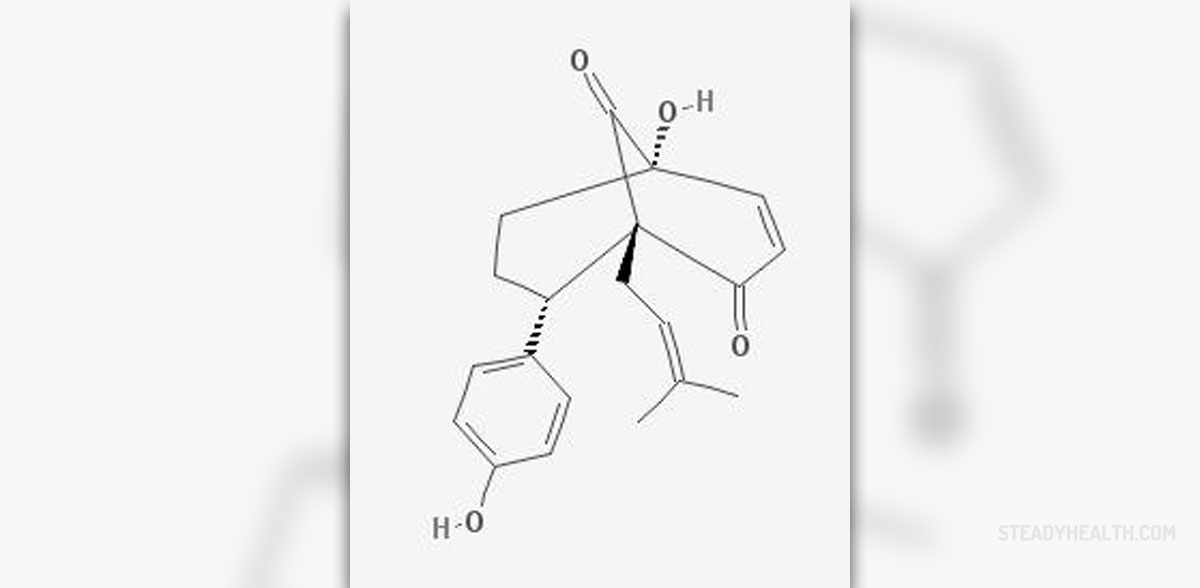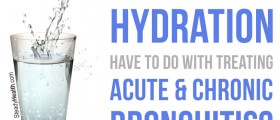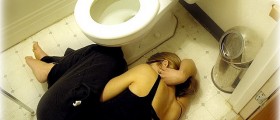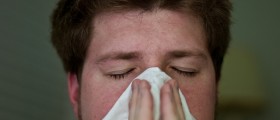
Introduction
Diarrhea is one of the most common types of medicalconditions. It may affect all people from all age groups and both genders.Diarrhea may sometimes last for a couple of days and when it does, the mainproblem is that a person may suffer from dehydration. It is because of thisthat all method treatments for diarrhea involve plenty of fluids so that thebody can be hydrated properly. It is strongly advised to eat as normally aspossible. Mild instances of dehydration are not that serious and can beresolved simply by taking plenty of fluids. The problem with severe instancesof dehydration is that they can be life threatening if they are not dealt withon time. Mild dehydration can be recognized by irritability, weakness, drytongue, dry mouth, passing little urine, sunken eyes, muscle cramps, headaches,dizziness and tiredness. Severe dehydration may involve coma, rapid heart rate,confusion and several other symptoms.
Causes
Acute diarrhea can be triggered by a wide array of differenttypes of gut disorders which are known for causing chronic diarrhea. It isbecause of this that people often mistake chronic diarrhea for acute diarrhea. Oneof the most common gut disorders is the one known as ulcerative colitis.Anxiety can also be one of the common causes of diarrhea. Certain drugs andmedicaments may trigger acute diarrhea as a side effect. Drinking lots of deermay also be one of the most common causes of acute diarrhea. Perhaps the mostcommon cause of acute diarrhea is infection of the gut. This medical condition isprofessionally referred to as acute infections diarrhea. Various germs such asviruses and bacteria may trigger such type of diarrhea. These harmful germs areusually sourced from infected water or food. Another problem with these microorganismsis that they can be spread from person to person rather easily. Acuteinfections diarrhea can easily be identified by its main symptom which is ofcourse diarrhea, characterized by a watery and loose stool which last for thewhole day. Other symptoms may include mucus or blood in the stool and sometimesalso vomiting. Abdominal cramping may also be common in some cases. Some casesof acute infectious diarrhea may also include aching limbs, headache and fever.
Treatment
Those who suffer from acute diarrhea need to consume plentyof fluids. It is also a good idea to eat as normally as possible, and includeplenty of fresh fruits and vegetables into the daily diet.


_f_280x120.jpg)














Your thoughts on this
Loading...